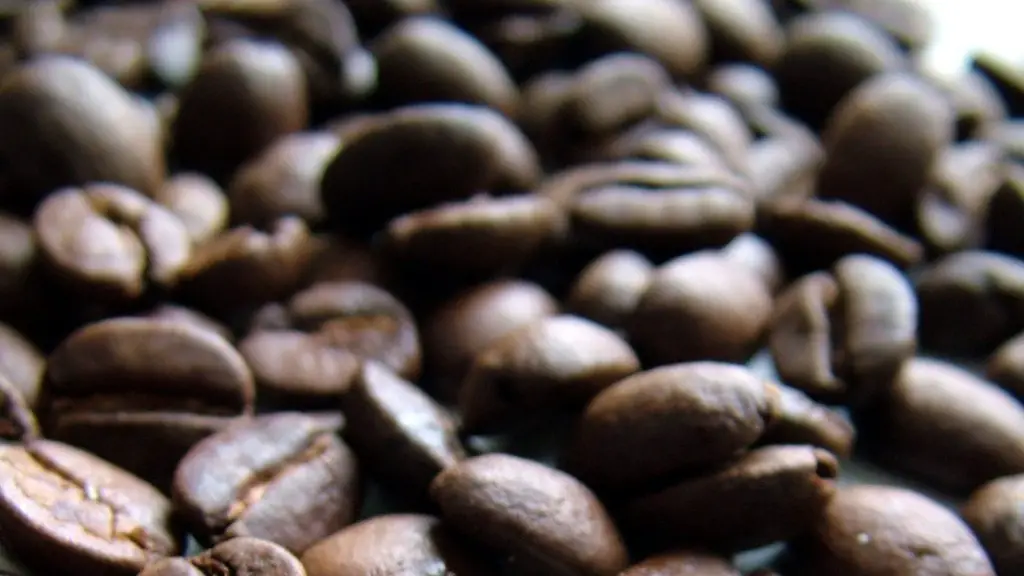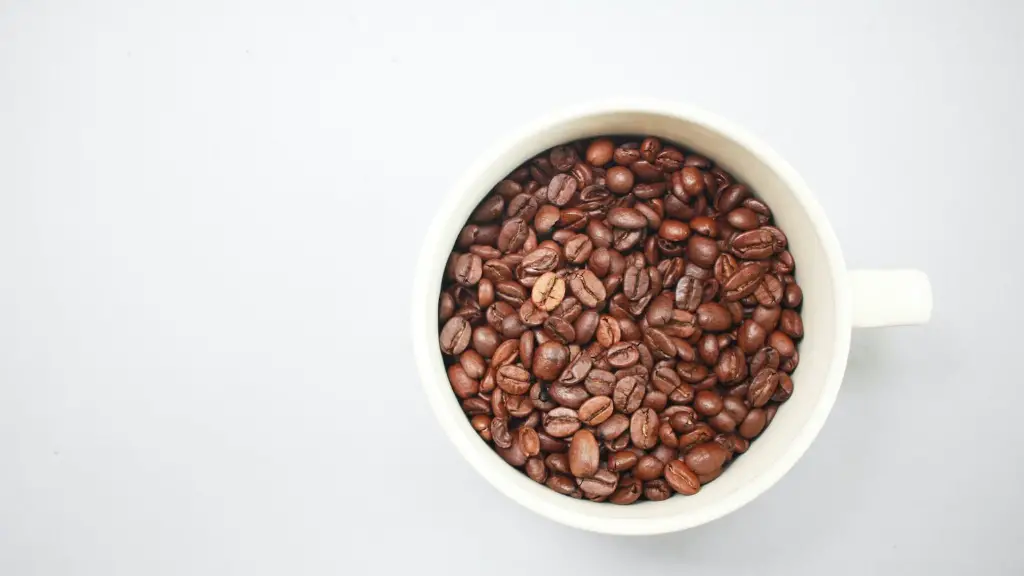Body
Coffee is one of the world’s most popular beverages and can provide many health benefits. But, it’s important to be mindful of the type of coffee and how much you drink. Consuming coffee in moderation and the right way can be beneficial for your well-being. Here are some tips on how to drink coffee the healthy way.
First, it is important to consider the kind of coffee you are consuming. Choose a coffee blend that is sustainably and ethically sourced. The best blends are those that come from reliable and experienced small-scale coffee producers. Not only do you get to enjoy the great taste of fresh coffee, but you will also be supporting the coffee farmers and their families. You can also opt for organic and fair-trade certified coffee, as these products guarantee high-quality coffee beans.
It is also important to look out for the amount of caffeine you are consuming. Drinking too much coffee with too much caffeine can be bad for your health. Stick to 2-3 cups of coffee a day to reap the maximum benefits from the beverage. Instead of drinking coffee loaded with sugar and cream, make it low-calorie by adding almond milk, skimmed milk or even a dash of cream to it. Doing this can help lower your calorie intake and still enjoy the great taste of coffee.
Drinking coffee in an empty stomach can also cause irritability and digestive issues. Therefore, it’s a good idea to have a light meal before drinking coffee. Eating a piece of fruit or having a glass of water can help buffer the effects of coffee and prevent the jittery feeling associated with too much caffeine intake. Eating a light snack, like fruits or nuts before drinking coffee will also help slow down the absorption of caffeine in your body, making it easier to metabolize.
For those looking for a healthy alternative to regular coffee, consider trying a healthier version of it such as cold brew or decaffeinated coffee. Decaffeinated coffee is processed in a way that helps reduce the amount of caffeine, while still preserving the taste. Cold brew coffee is made by steeping ground coffee beans in cold or room-temperature water over a period of 12–24 hours. As it is cold-pressed, it has fewer acids, providing a richer and smoother taste.
Don’t forget to add spices to your coffee. Adding a pinch of cinnamon, cardamom and even turmeric can provide numerous health benefits. These spices can add a great flavor to your coffee and help to reduce inflammation and improve digestion. Furthermore, black pepper can reduce the pH levels in your stomach, which will help prevent heartburn caused by coffee.
Lastly, it’s important to pay attention to what kind of vessels you are using to drink coffee from. Avoid using plastic and foam cups, as they contain toxic chemicals which can be harmful to your overall well-being. Choose ceramic mugs, bamboo cups or glass jars instead, as they are all non-toxic and safe to use.
Coffee Alternatives
If you’re looking for an alternative to coffee, there are a number of options available. Green tea is a great choice and can provide an energy boost without being overstimulating. It also contains less caffeine than coffee and has a wide range of health benefits. Moreover, green tea can also help to reduce anxiety and promote a sense of calmness.
Alternatively, matcha tea is a great coffee alternative and has become increasingly popular in recent years. It is made from ground tea leaves, is high in antioxidants and provides the drinker with a natural energy boost. It can also help to improve concentration and focus and is often used by students and professionals as a natural way to focus and stay energized.
Meditating & Coffee
If you need a boost of energy to get through the day, try combining coffee with meditation. This is a great way to focus your energy and get into the right state of mind. Start off with a few minutes of meditation to clear your mind and relax. Then, have a cup of coffee to help energize you. The combination of the two should give you the perfect balance of focus and energy.
At the same time, try to be conscious of how much you are drinking. Stick to one cup of coffee, as it should be enough to provide you with the energy and focus you need. Finally, it’s worth noting that adding too much sugar and cream to your coffee can be detrimental to your health. Stick to having it black or with just a dash of cream for the best health benefits.
Timing of Coffee Intake
When it comes to consuming coffee, timing is key. If you want to maximize the benefits of drinking coffee and minimize the risks, then it’s important to be mindful of when you drink it. Generally speaking, the best time to have coffee is between 10 am and noon. This is when cortisol levels, or stress hormones, tend to be at their highest and can be greatly reduced with a cup of coffee.
On the other hand, drinking coffee too late in the day can interfere with your sleep. Caffeine can stay in your system for up to 8 hours, so if you drink your last cup at 6 pm, it will still be affecting your sleep around 2 am. Therefore, try to cut off your caffeine intake in the afternoon, or opt for decaffeinated coffee if you must.
Coffee Supplements
If you don’t enjoy the taste of coffee, or if you are looking for an even healthier option, then consider trying a coffee supplement. These supplements are made with non-GMO ingredients and are designed to provide all of the same health benefits as coffee without the unpleasant taste. Coffee supplements are also a great option for people who are sensitive to the effects of caffeine and want to enjoy the health benefits without the jitters.
Coffee supplements typically contain a blend of natural ingredients such as green tea, cocoa and guarana. These ingredients help to provide an energy boost without the crash associated with caffeine. Additionally, some coffee supplements may contain B vitamins, which can help with focus and concentration.
Risks of Drinking Too Much Coffee
As with anything, it’s important to be mindful of how much coffee you’re consuming. Drinking too much coffee can lead to certain risks such as insomnia, upset stomach and increased heart rate. In extreme cases, excessive caffeine consumption can cause nausea, dizziness and even seizures. Therefore, it’s important to be mindful of how much coffee you are drinking and opt for decaffeinated coffee or coffee alternatives if you need an energy boost.
Some studies have also linked coffee to an increased risk of certain cancers, so it’s important to be mindful of this when drinking coffee. If you are worried about the potential risks of excessive coffee consumption, it’s best to speak with your doctor.
Conclusion
In conclusion, drinking coffee the right way can provide numerous health benefits. By opting for coffee blends sourced sustainably, opting for low-calorie options instead of loaded coffee, combining coffee with other beverages or spices and being mindful of the timing and quantity of your intake, you can enjoy all the benefits of coffee while minimizing the risks associated with it.




